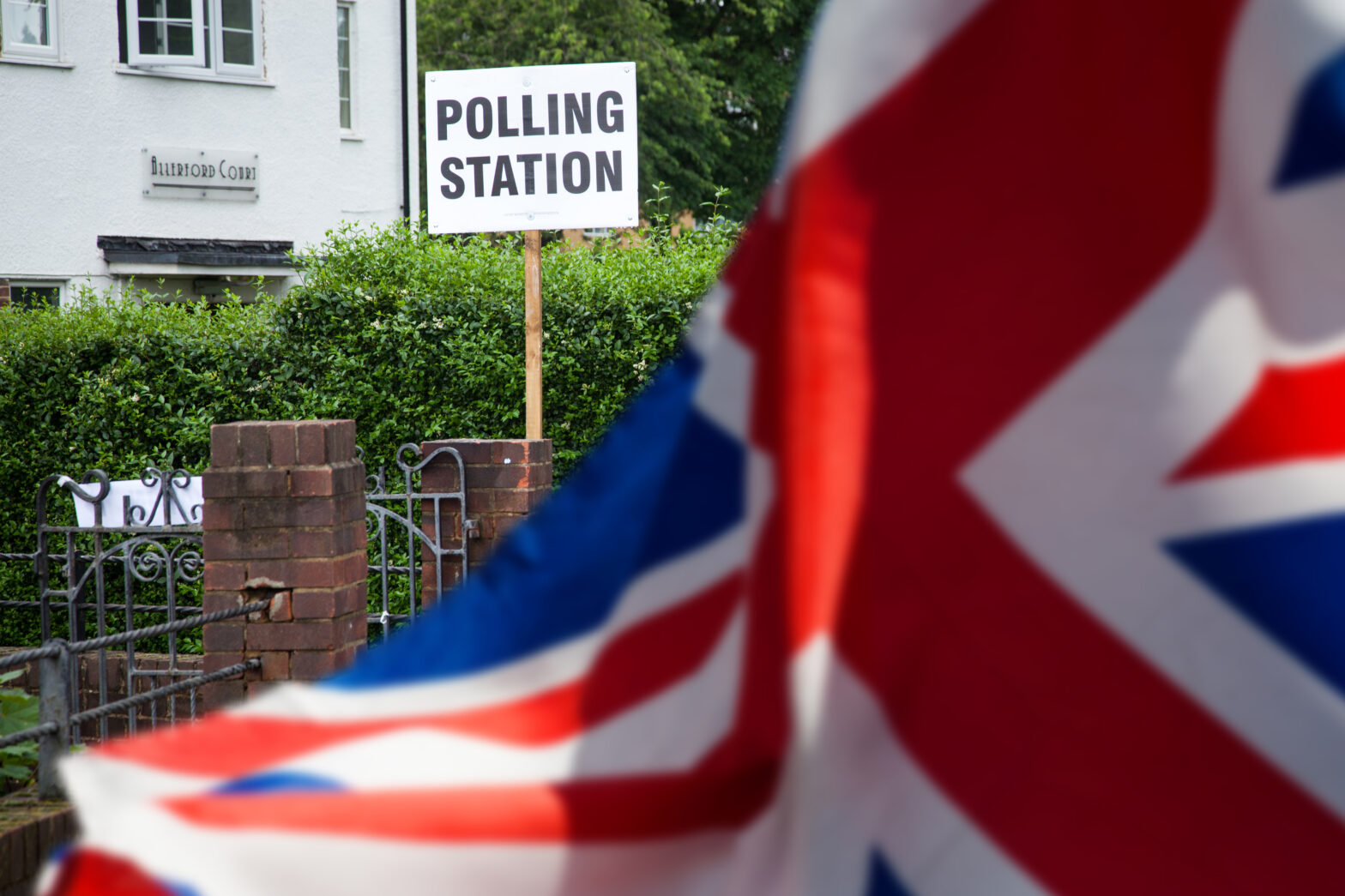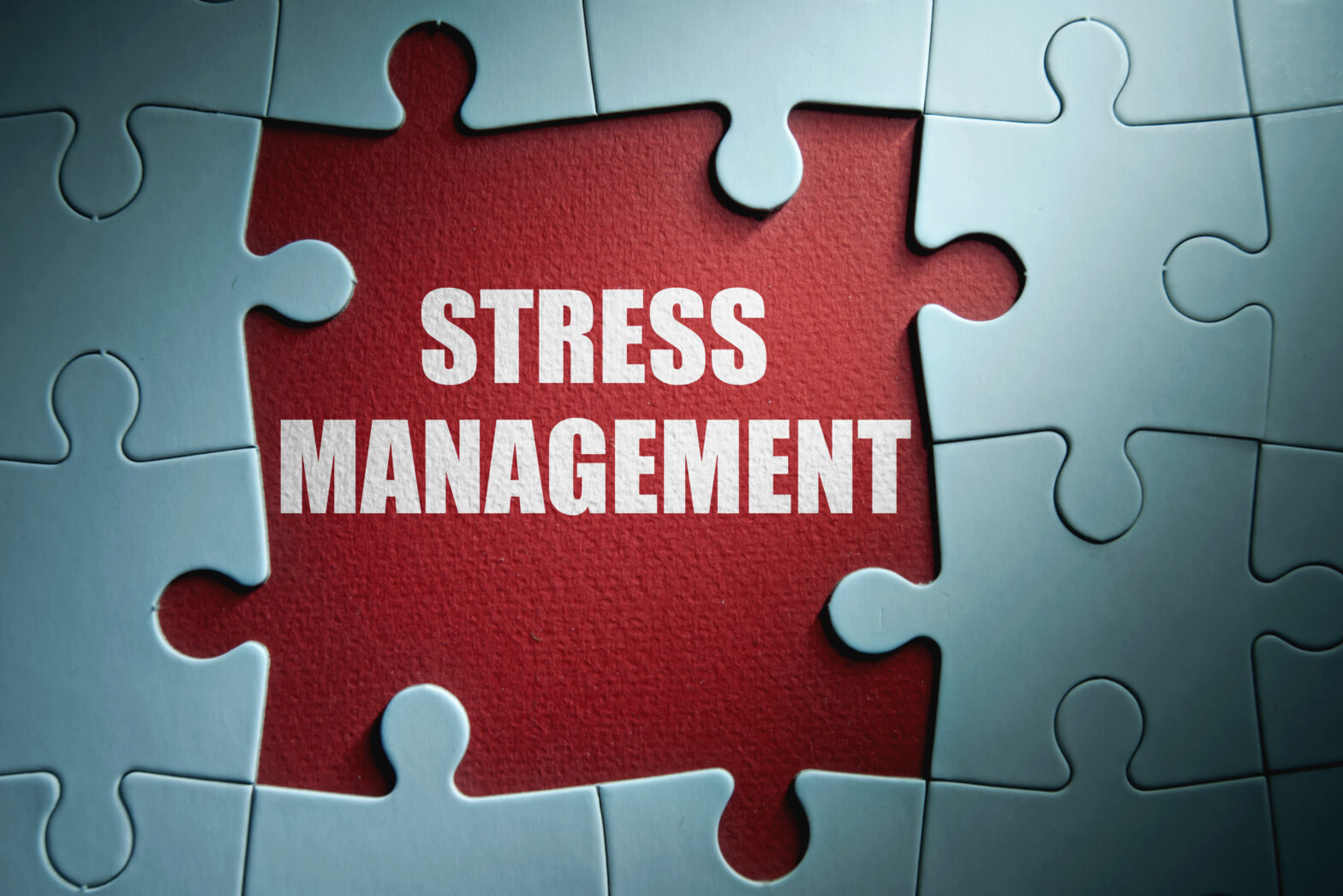After a long bank holiday weekend, I was sat in a meeting with some of our employees on Tuesday morning to plan for the coming week. At around 11am, we were wrapping up our meeting ready to get back to work. Theresa May had other plans for us. The prime minister unexpectedly announced that Britain will go to the polls in June at a general election. Our discussion of the week ahead turned into curious chatter. Another election? So soon? What could this mean for our business?
By their very nature, general elections create uncertainty. After all, we won’t know who the government is until it’s over, and – as any business owner can tell you – differing results can have various impacts on a business. The backdrop to this particular election adds another layer of uncertainty to proceedings; Brexit. After Britain’s landmark vote to leave the EU last June, the government invoked Article 50 in March, meaning that the actual date of leaving is set at March 2019.
So, with the general election imminent, and Brexit negotiations rumbling on in the background, the stage is set for a politically interesting couple of years. So how do you navigate this as a business owner?
Take stock
As the old saying goes, knowledge is power. As a business owner, you should ensure that you’re up to date on the political situation and the impacts it could have on your company. Spend some time researching the situation, from a variety of different sources. While doing this, you should consider whether political events are likely to impact your bottom line, and the job security of your staff. If that’s a possibility, you should make contingency plans detailing how you’re going to make up that lost revenue if the worst case scenario comes true.
If it’s just a general election you’re faced with, radical changes probably won’t be necessary. Brexit, however, is set to fundamentally change the way companies trading with Europe do business. Many companies who frequently trade with EU states are planning to increase their operations in the UK market, or relocate part or all of their business to the continent. Fundamental changes like this take a lot of care and planning, and it’s always easier to do if you’ve considered how to approach it before you’re forced into doing it.
You also need to sound out potential opportunities. In our industry – construction – political events won’t have a major impact on a few key improvement areas here in the UK. Housebuilding is on the rise, transport – such as the road & rail network – is in dire need of an overhaul, and infrastructure is crumbling. Long story short, Britain needs the construction industry right now, and the political situation won’t change that.
Look after your staff
While navigating a tricky political situation, your staff have to be your number one priority. Good people make a good business, and if you don’t make sure that the salaries of your best people are protected, they’ll abandon ship and go to work for someone else.
In the face of uncertainty, you should speak to your staff and reassure them that the company and their livelihoods are secure, and that with hard work, the company will pull through. On the morning after the Brexit result, I went into work to be greeted by a mixture of glum faces, and quietly pleased ones. As with many businesses around the country, everyone was in shock, no matter which way they’d voted. I told everyone that the result didn’t change our business one bit, we would continue to provide a great service to our customers across the UK. Nine months later, we expanded our depot in Southampton because of increased business in that area and the re-location of our Park Royal, London depot is currently imminent.
Stay positive and focused
If you spend all day worrying about the fact that Britain is on its way out of the EU, Trump is in the White House, and Le Pen has an outside chance of winning the Presidency in France, you’ll never get anything done. Instead of worrying about the potential impacts of political situations, deal with them as and when they become relevant. If you’re worried about a possible outcome of the General Election in 2017, make contingency plans for the worst case scenario, and then try and put it to the back of your mind until the result is announced.
Political events can be emotionally charged for voters, and after the dust has settled it can be difficult to put it out of your mind if things don’t go your way. However, the importance of mindset here is paramount. Yes, political circumstances may have an impact on your business, but a bad mindset will damage it even more. Don’t be your own worst enemy by getting down in the dumps. Negative attitudes will rub off on your staff and could affect the productivity of the whole company. Stay positive, stay focused on your offering to your customers, and deal with problems as and when they occur.
Work hard
It may be an obvious one, but when outside factors affect your business, the importance of good old fashioned hard work becomes more important than ever before. You may not like what’s going on in the world of politics, but that’s all the more reason to up your game and make sure you keep achieving your business goals. That’s the attitude we instilled in our company after the Brexit vote. Amid all the supposed doom and gloom, we actually expanded our operations, moving to larger premises two of our depots and bringing in new staff. The political situation wasn’t ideal for us but we made the best of it and reaped the rewards.
Sean Ofsarnie is the co-founder and director of Resapol Limited.





